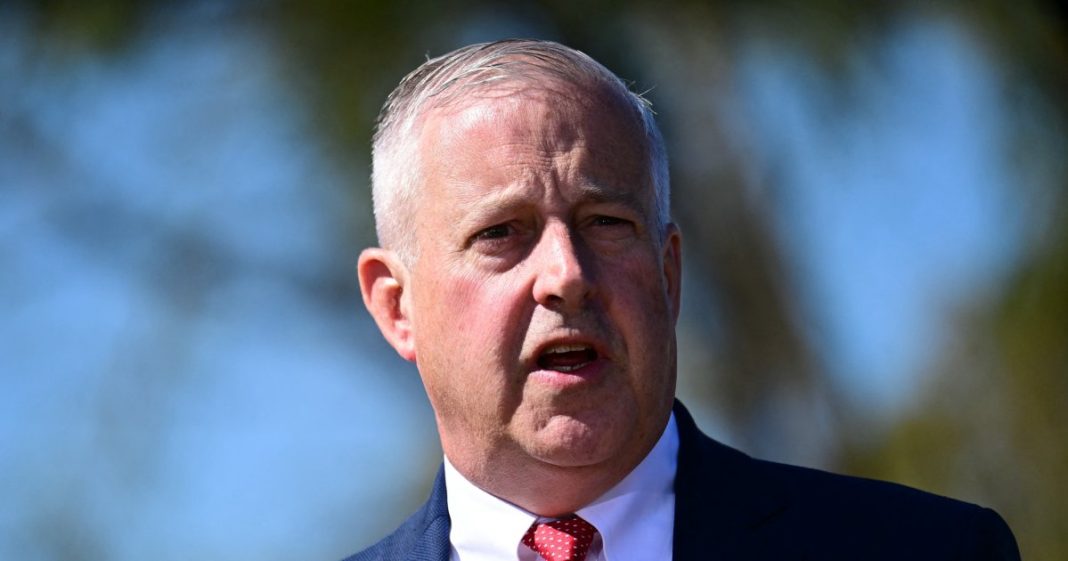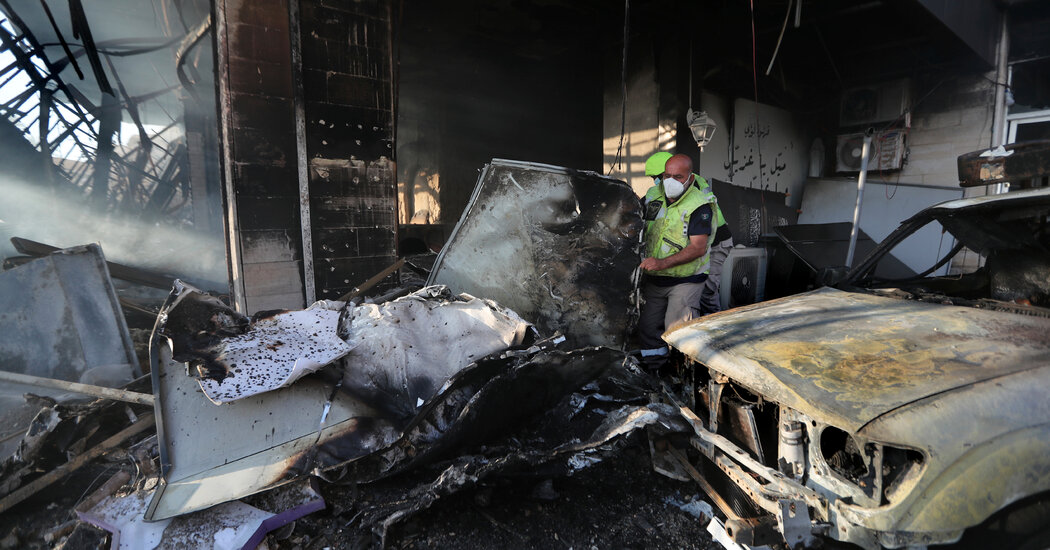Supreme Court of Pennsylvania Rules in Favor of Voters, Sparks Controversy Ahead of Presidential Election
In a surprising turn of events just weeks before the presidential election, the Supreme Court of Pennsylvania has ruled in favor of two Butler County voters, allowing their provisional ballots to be counted despite previous rejections. This decision has ignited a heated debate over election laws and the role of the judiciary in electoral processes, with the Republican National Committee (RNC) and the Republican Party of Pennsylvania (RPP) calling for a reversal of the ruling.
The case centers around two voters from Butler County who faced issues with their mail-in ballots during the primary election. After discovering that their ballots could not be counted due to errors, they opted to vote in person on Election Day using provisional ballots. However, the Butler County Board of Elections initially refused to count these provisional ballots, citing Pennsylvania law, which states that if a mail-in ballot is "timely received," the provisional ballot cannot be counted, even if the mail-in ballot is ultimately rejected.
In a landmark decision, the state’s highest court determined that the elections board had made an error in not counting the provisional ballots. This ruling has raised eyebrows among Pennsylvania Republicans, who argue that the court is overstepping its bounds and encroaching on legislative powers. They contend that the ruling misinterprets state law and undermines the established rules governing provisional ballots.
"The Court has a constitutional responsibility to ensure that state courts do not ‘unconstitutionally interfere with the role specifically reserved to state legislatures by Article I, Section 4, of the Federal Constitution,’" stated the petition from the RNC and RPP. They referenced a 2023 case from North Carolina that limited state courts’ authority over federal election matters, suggesting that the Pennsylvania ruling could set a concerning precedent.
The RNC and RPP are advocating for a return to the "status quo" that existed before this recent decision, arguing that doing so would prevent confusion among voters and ensure that election officials apply the same rules that were in place prior to the ruling. They believe that restoring these rules is essential for maintaining the integrity of the electoral process.
As the presidential election approaches, this ruling adds another layer of complexity to an already contentious political landscape. With both sides of the aisle weighing in on the implications of the court’s decision, voters in Pennsylvania are left to navigate the evolving rules and regulations surrounding their participation in the upcoming election.
In a state where every vote counts, the outcome of this legal battle could have significant ramifications not just for the two Butler County voters, but for the broader electorate as well. As the clock ticks down to Election Day, all eyes will be on Pennsylvania, where the stakes have never been higher.



